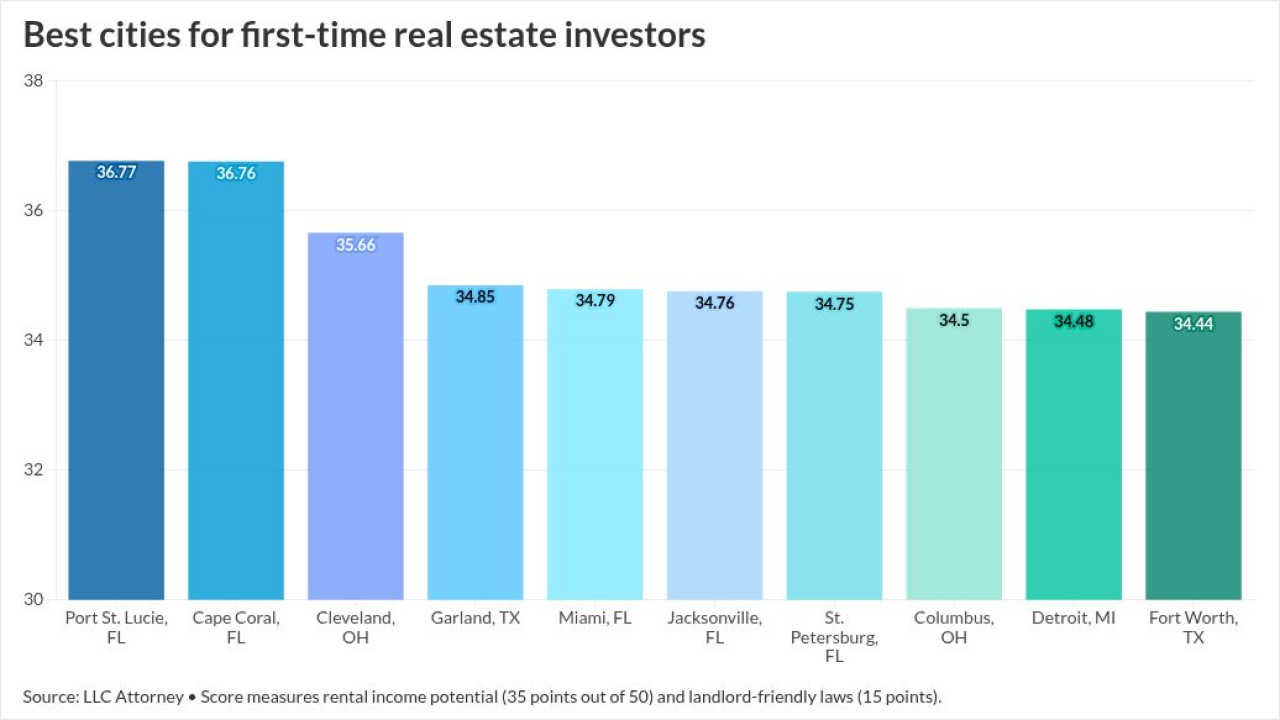The pitch arrived with an iconic image of the American dream: a neat house with a white picket fence.
But behind that picture of a $2.95 million home in Manhattan Beach, Calif., were hints of something darker: liar loans, those toxic mortgages of the subprime era.
Years after the great American housing bust, mortgages akin to the so-called liar loans — which were made without verifying people’s finances — are creeping back into the market. And, like last time, they’re spreading risks far and wide via Wall Street.
Today’s versions bear only passing resemblance to the ones that proliferated in the mid-2000s, and they’re by no means as widespread. Still, they reflect how the business is starting to join in the frenzy that’s been creating booms in everything from subprime car loans to junk-rated company bonds.
The Manhattan Beach story — how the mortgage on that house was made and subsequently packaged into securities with top-flight credit ratings — recalls a time when borrowers, lenders and investors all misjudged the potential danger.
The story begins earlier this year, when a TV producer bought the cream-colored home. His lender, Velocity Mortgage Capital, says it writes mortgages for people buying homes only for business purposes, such as renting them out, and requires all customers to sign documents stating their intentions.
Soon Velocity was bundling the $1.92 million mortgage and hundreds of other loans into securities through Wall Street’s securitization machine. Kroll Bond Rating Agency featured a picture of the house in a report on the $313 million deal, most of which was rated AAA. Marketing documents for the offering, which was managed by Citigroup Inc. and Nomura Holdings Inc., characterized the buyer as an “investor.”
No Rental Plans
But when a reporter recently knocked on the door in Manhattan Beach, the buyer answered and said he never planned to rent out the place. Nor, he said, had he signed documents stating he would. He was living in the house with his family.
The apparent discrepancy isn’t nearly as worrisome as the kind that first brought liar loans to widespread attention. During the housing bubble, countless borrowers fibbed about their income, often with lenders’ encouragement. For lenders and investors — let alone knavish borrowers who might get in over their heads — the potential for trouble is real this time, too.
That’s because federal regulations put in place following the crash effectively outlawed liar loans. Under so-called ability-to-pay requirements, lenders must take specific steps to ensure homebuyers actually can afford the mortgages. If they don’t, homeowners can sue and potentially win damages that can dwarf the value of the homes.
Avoid Paperwork
But in a throwback to subprime times, Velocity and other specialty lenders routinely offer certain mortgages with limited reviews, if any, of borrowers’ finances. That’s because the rules exempt mortgages made for “business purposes.” The setup lets borrowers avoid typical paperwork, in return for paying higher mortgage rates.
Velocity, for instance, sends mortgage brokers emails with subject lines like, “Stated? Really??” — a reference to stated- income loans, which became known as liar loans.
Chris Farrar, Velocity’s chief executive officer, says his company takes steps to ensure customers really are buying homes for business purposes. These include having every borrower hand write and sign letters testifying to their plans.
“Our goal is to never make a consumer loan,” Farrar said. Velocity’s lawyers have advised the company, previously known as Velocity Commercial Capital, that its processes would put it on solid ground even if it somehow failed to weed out inaccurate applications, he said.
First to Suffer
Velocity, based in Westlake Village, Calif., also keeps skin in the game by retaining the parts of its bond deals that would be the first to suffer losses, Farrar said. He declined to comment on the buyer in Manhattan Beach, citing privacy laws.
As Velocity and others hunt for profits, the question is also how carefully these lenders are vetting customers and loan brokers.
In Velocity’s recent bond deal, an outside due-diligence company reviewed about 30% of the loans. The post-crisis standard in residential transactions has been at least 90%. The review revealed at least one other questionable loan, and Velocity removed it from the deal.
In assigning AAA grades, Kroll partly relied on Velocity’s promise to buy back any loans that fell short of the standards, said Nitin Bhasin, a Kroll managing director.
“That’s a question for Velocity, I think: How do they make sure when they’re making a loan that it’s not owner-occupied,” Bhasin said.
Representatives for Nomura and Citigroup declined to comment.
Other players in this game include Citadel Servicing Corp. and Athas Capital Group Inc., both based in California.
Fair-Lending Rules
At Athas, the company has discovered less than a handful of instances in the past eight years when buyers moved into homes after saying they wouldn’t, CEO Brian O’Shaughnessy said. But he also suggested that fair-lending rules can make it risky to turn down customers “because I think you’re a liar.”
Dan Perl, the CEO of Citadel Servicing, said savvy underwriters and careful documentation will protect lenders and investors. Like the others, his company demands borrowers put their intentions in writing.
“If they say, ‘you should have known what my intent was,’ we’re going to hold up that document,” Perl said. “It’s a sad state of the world, but we’re looking to make sure we’re not going to be harmed on it.”
It’s difficult to say how far the problems might go, but industry experts agree that mortgage lending is nowhere near as sloppy as it was during the last go-round, which created a bust that produced about 6 million foreclosures.
Even so, the costs could be significant. If a homeowner sues and wins, claiming lenders violated ability-to-pay rules, lenders might have to pay three years of finance changes, legal costs and “actual damages,” which could include down payments and myriad other costs, according to Jeffrey Naimon, a partner at BuckleySandler LLP.
As in the past, some borrowers might claim — rightly or not — that they misunderstood documents or were hoodwinked by mortgage brokers or lenders.
“The consumer could argue, ‘They told me I had to mark that box or I wouldn’t get that loan,”’ said Scott McNulla, a vice president at Clayton, a unit of Radian Group Inc. that does diligence work for lenders.
To Naimon, the real danger would be if unscrupulous mortgage brokers once again encouraged homebuyers to get in over their heads.
“I’m much more worried about a case involving unsophisticated borrowers that get tricked by a broker into doing it,” he said.


